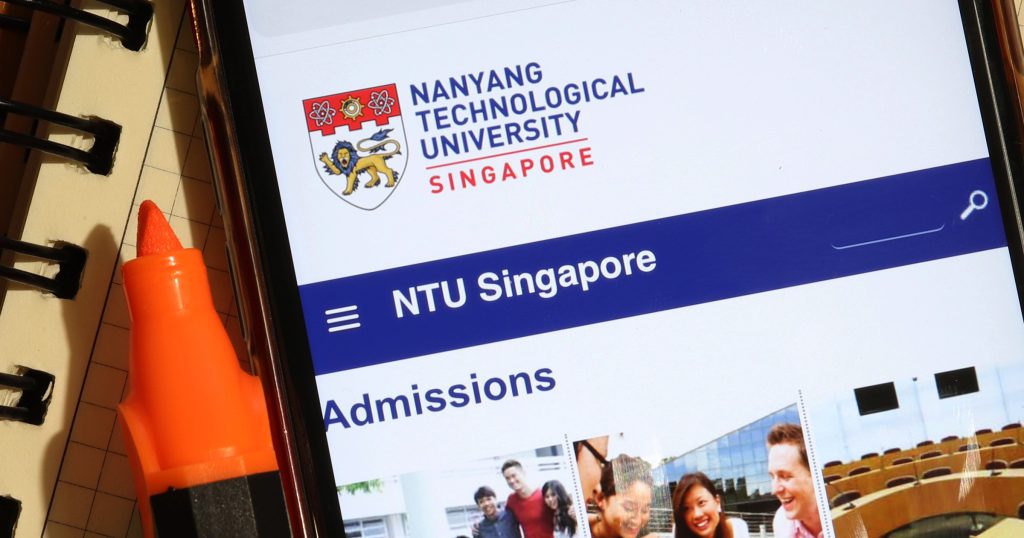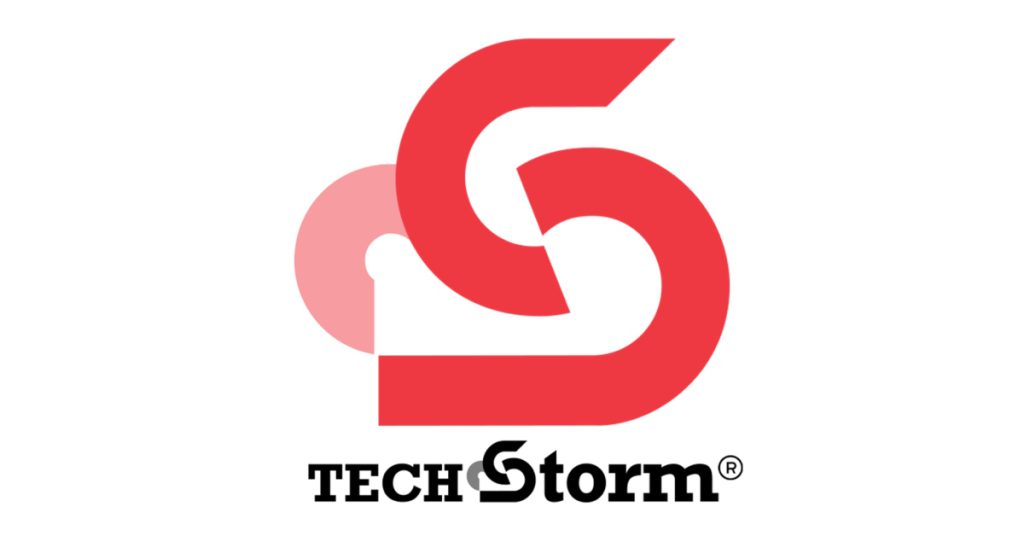Singapore’s Ministry of Manpower has recently released its annual report on the vacancies in the domestic labour market and this year’s edition is particularly interesting, as it highlights the impact the pandemic has had — not only in quantitative terms (i.e. changes in employment, number of available jobs etc), but qualitative as well.
One of the most interesting findings is a tectonic shift in importance of academic qualifications in the recruitment process.
Back in 2017, when the data was collected for the first time, only 42 per cent of companies disregarded degrees as the main factor in hiring.
For the years 2018 and 2019, it was already around 50 per cent, before jumping to nearly 60 per cent in the pandemic year of 2020 and now nudging above it a year later.

Within five years, the proportions have been completely reversed and I think we can only expect the gap to grow with time.
The Covid-19 pandemic appears to have given it a boost, as difficult conditions made companies focus on what really matters for business (i.e. getting the job done).
Just like the ongoing crisis has forced most businesses to quickly adapt to having its employees work from home, it has also shifted the attitude and priorities away from traditional, but already redundant, element of paper qualifications.
It’s important to emphasise, however, that it does not mean a degree/diploma does not matter at all, but rather, it does not have a decisive importance in recruitment.
Is this good news for employees?
The labour market is still transitioning to the post-degree reality, but the trends suggest that there will be no reversal, as even some of the largest companies either will, or already have, abandoned it as part of their recruitment processes.
The question is – is it good for employees? Does it make things easier or, perhaps, harder?
While it may sound good at first — after all, not finishing a prestigious university is no longer a roadblock to a successful, well-paying career — it is also a challenge, as you have to focus on developing practical skills and garnering experience to stand out, and that is not easy (particularly for first-time candidates).
This new reality is certainly good for independent individuals with some entrepreneurial zeal — go-getters who tend to break the mould and reject rigid bureaucracy.
However, for those who yearn predictability, who were once led to believe that if they tick the right boxes at school then they surely must succeed at work, it may lead to a hard landing in a labour market that increasingly demands personal initiative and is not too keen on hand-holding fresh recruits.
That said, those who do well may also expect a good pay, without having to spend decades climbing up the company ladder.
Singapore’s best-paying PMET professions, where your degree doesn’t really matter
MOM has also provided us with a list of the top 10 PMET vacancies — i.e. positions where employees are most sought after — together with a range of monthly wages that companies are willing to offer to prospective candidates, starting with as little as about S$2,500 all the way to S$9,000.
As you can see, you don’t necessarily need a degree to get a good job in Singapore, but you will have to prove yourself, of course.

Another noticeable thing is a distinct difference in approach between engineering and business professions (with some exceptions).
Wherever your practical competences matter most — be it programming or engineering — companies will still consider your academic qualifications important (though by experience, I would expect it to gradually change in software programming/IT areas, with exception of perhaps, the most highly specialised ones).
Conversely, when it’s about business, where your personal, negotiation and communication skills matter most, your future employers are less likely to look into your papers.
This is somewhat paradoxical, considering that according to the national census completed in 2020, engineering subjects have fallen out of favour with Singaporean students, with more of them pursuing business degrees:

There appears to be a gradually growing mismatch between what employers expect and what young graduates believe they have to do.
It would still make sense to pursue a different degree — something inherently more practical — even if you are planning to go into business later. After all, business itself is largely about practice, and isn’t something you can learn well from textbooks.
That said, having a relevant skill set in something practical — like programming, design, engineering, or even fairly academic subjects like math or physics — could work in your favour even when applying for a white-collar job.
In a world where degrees matter less and less (and business degrees likely matter the very least), one way to stand out is to spend your formative years developing skills that few others have — what is likely to be rewarded with better career prospects and higher salaries.
Featured Image Credit: Pexels










